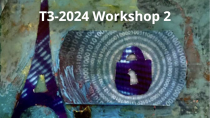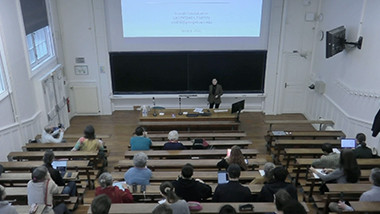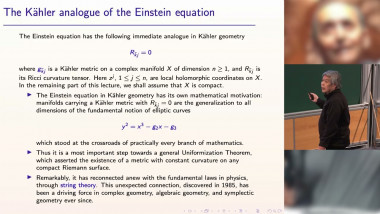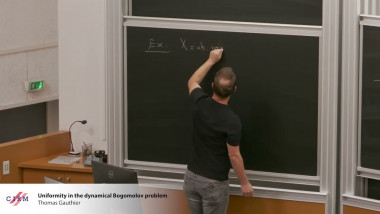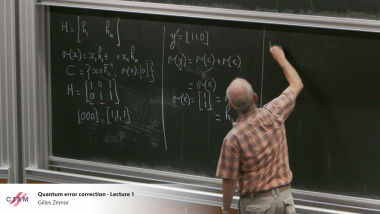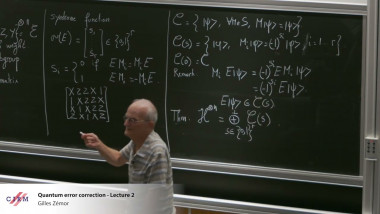NIST Projects on Threshold and Privacy-Enhancing Crypto: Opportunities for Post-Quantum Cryptography
By Luís Brandão
The NIST Threshold Call (Report 8214C) sets a process to collect a body of reference material on threshold schemes for cryptographic primitives, where a secret key is split (secret-shared) across multiple parties. This process will induce a public analysis (aimed to start in 2025) of various building blocks and constructions of secure multiparty computation (MPC). The wide scope of the Threshold Call also aims at exploring zero-knowledge proofs (ZKP), fully-homomorphic encryption (FHE), and other techniques not currently standardized by NIST. Additionally, the privacy-enhancing cryptography (PEC) project at NIST is interested in further techniques, such as private-set intersection (PSI), and identity- and attribute-based encryption (IBE/ABE). This talk will overview the the PEC and Threshold Crypto projects, and how their advanced cryptography scope includes emerging post-quantum cryptography (PQC). Even the analysis of non-PQC primitives helps set a reference for desirable properties that would be useful to explore in a PQC setting. The talk also sets the stage for an interactive conversation in the rest of the session, posing questions to the audience. The attendees are encouraged to informally share their suggestions, insights, and other comments.











